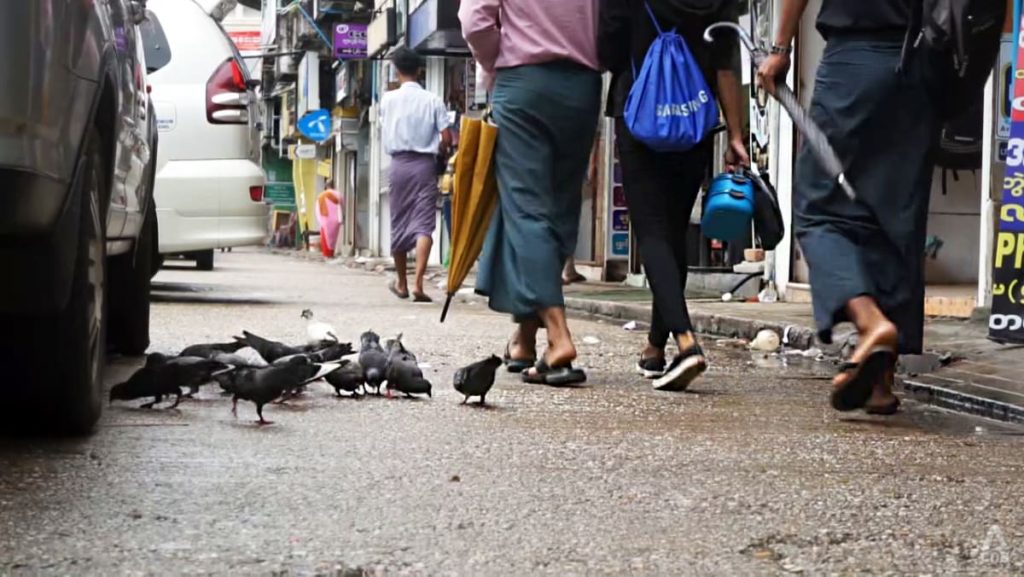According to official statistics, around 15% of the Malaysian workforce consists of documented migrant workers, with unofficial estimates suggesting that this number could be closer to 5.5 million when including undocumented workers. Many refugees in Malaysia take on dirty, dangerous, and demeaning jobs that locals typically avoid in order to support their families, as they are not allowed to work legally in the country. Human rights groups have criticized Malaysia for lacking a formal framework to address the needs of refugees, leaving them vulnerable to exploitation by employers. ASEAN Parliamentarians for Human Rights have proposed that refugees in Malaysia should be given the opportunity to work, be trained, and provided with necessary skills to secure jobs, which would help reduce the need for importing labor from other countries like Nepal or Bangladesh.
Chairman Charles Santiago emphasized the importance of integrating refugees into Malaysian society and shifting the mindset towards them, noting that they are not taking jobs away from locals but instead are filling roles that are essential but often undesirable. He urged for a humanitarian fund to be established by ASEAN to support the Myanmar refugees scattered across Southeast Asia, as they have been forced to relocate to urban areas like Bangkok and Kuala Lumpur with nowhere else to go. ASEAN is called upon to take responsibility for the refugee crisis in the region and work towards solutions that prioritize the well-being and protection of displaced individuals.
The lack of legal work opportunities for refugees in Malaysia is a pressing issue that needs to be addressed by the government and international organizations. By allowing refugees to work legally, they can contribute to the economy and society, while also reducing reliance on foreign labor. Establishing a formal framework for asylum seekers and displaced individuals will help protect them from exploitation and ensure their rights are upheld. There is a need for a paradigm shift in how refugees are perceived and treated, with a focus on integration and inclusivity rather than marginalization and discrimination.
Refugees play a crucial role in filling gaps in the Malaysian workforce, taking on jobs that are essential but often overlooked by locals. By recognizing the contribution of refugees and providing them with opportunities for legal employment, Malaysia can benefit from their skills and expertise. It is important to acknowledge the challenges and vulnerabilities faced by refugees, and to work towards creating a more inclusive and supportive environment for them to thrive. ASEAN’s role in addressing the refugee crisis in the region is crucial, and efforts must be made to ensure the safety and well-being of displaced individuals across Southeast Asia.
The urgent need for a humanitarian fund to support refugees in Southeast Asia, particularly those from Myanmar, underscores the importance of regional cooperation and solidarity in addressing displacement and humanitarian crises. ASEAN’s involvement in facilitating the protection and assistance of refugees is essential in ensuring that their rights are upheld and their needs are met. By working together to address the root causes of displacement and providing sustainable solutions for refugees, ASEAN can play a significant role in advancing human rights and promoting peace and stability in the region. The issue of refugees in Malaysia highlights the need for a comprehensive approach to addressing displacement and ensuring the well-being of vulnerable populations.















